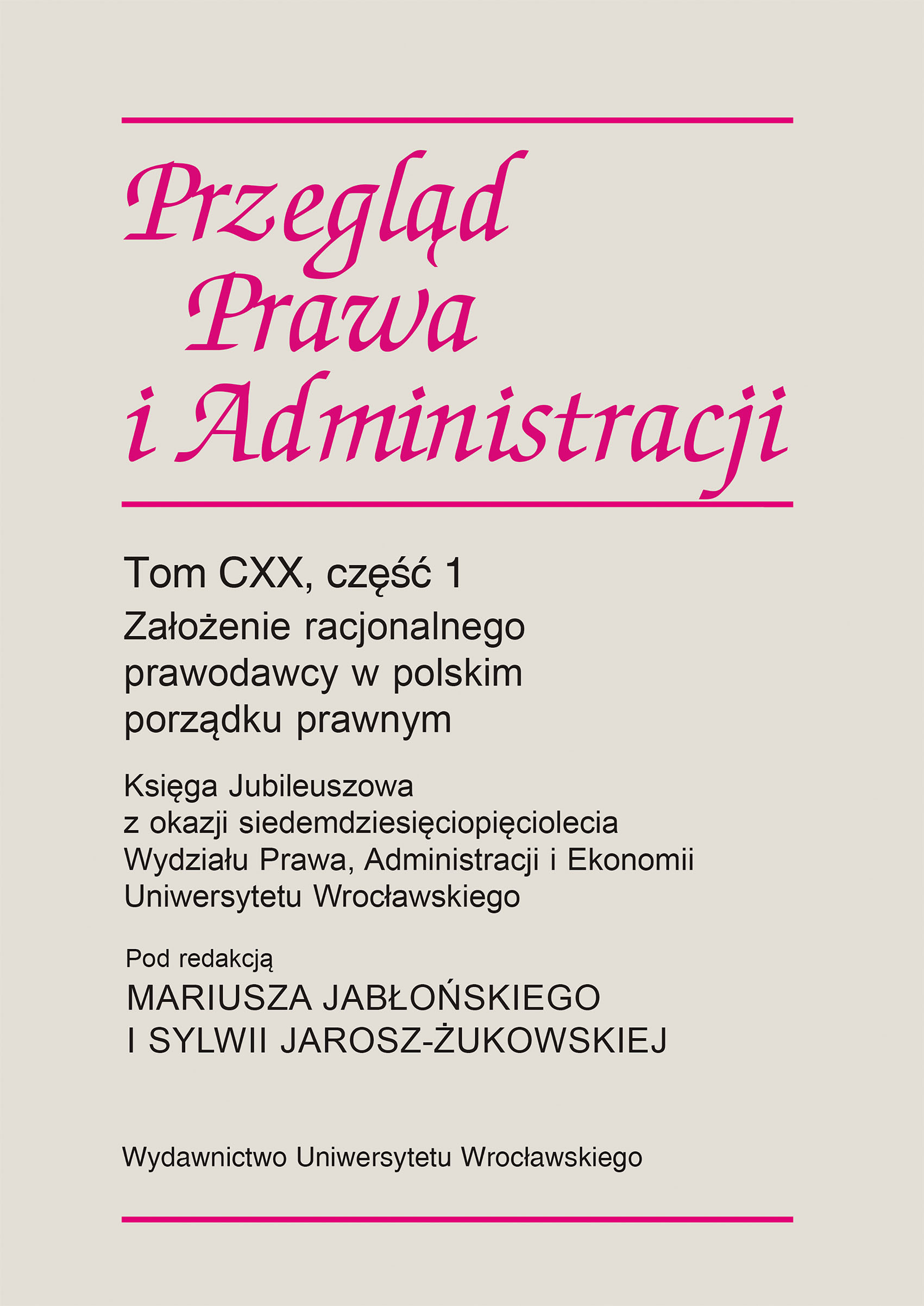

ISSUES IN INTERNATIONAL LAW AND EUROPEAN LAW

While presenting the landscape of contemporary insecurities, the authors investigate the latest legislative concepts of the European Union’s concepts of security, policing and border management from the lenses of Regulations 2016/1624 and 2019/1896 on the European Border and Coast Guard, Common Security and Defence Policy, European Global Security Strategy and the UN Global Com-pact on Migration.
In an attempt to holistically assess the implemented concepts of police control and border criminology, above all through the prism of the innovation of integrated border and migration management, both in European and global terms, they analyse in detail the powers of the European Border and Coast Guard Agency, especially with regard to their interoperability, international and interinstitutional cooperation.
They point out as well the untapped potential of the formation of a new border police force. The insufficiently constituted cooperation of the Border Guard Agency with the Office of the Euro-pean public Prosecutor limits the effectiveness of the activities of both institutions, i.e. to combat terrorist offences, trans-border trafficking of people and goods, or even to control so-called foreign fighters.
Strengthening cooperation and synergies between judicial and law enforcement agencies and the European External Action Service, providing the formation with the necessary intelligence and military competence is suggested by the authors.
Particular attention was devoted to the need for appropriate needs, adaptable to change — for-mation and investigative-military training, as well as education on international humanitarian law and human rights, so that the border police may carry out their duties in an effective yet humani-tarian manner.Describing the proposed innovation in policing, not limited to operational and investigative activities, but rightly covering modern intelligence and digital/cyber profiling, among others, the au-thors consider a formally established close cooperation between EU Border Guards and the EU Pub-lic Prosecutor alongside the formalisation of the obligation to provide sincere and full cooperation from other EU countries to combat cross-border and terrorist related offences as a very much needed and desired axiomatic milestone in EU legislation. The authors provide a number of suggestions that may contribute to humanitarian, effective, and innovative border and migration management, and the fight against transnational organised crime and irregular migration phenomena.